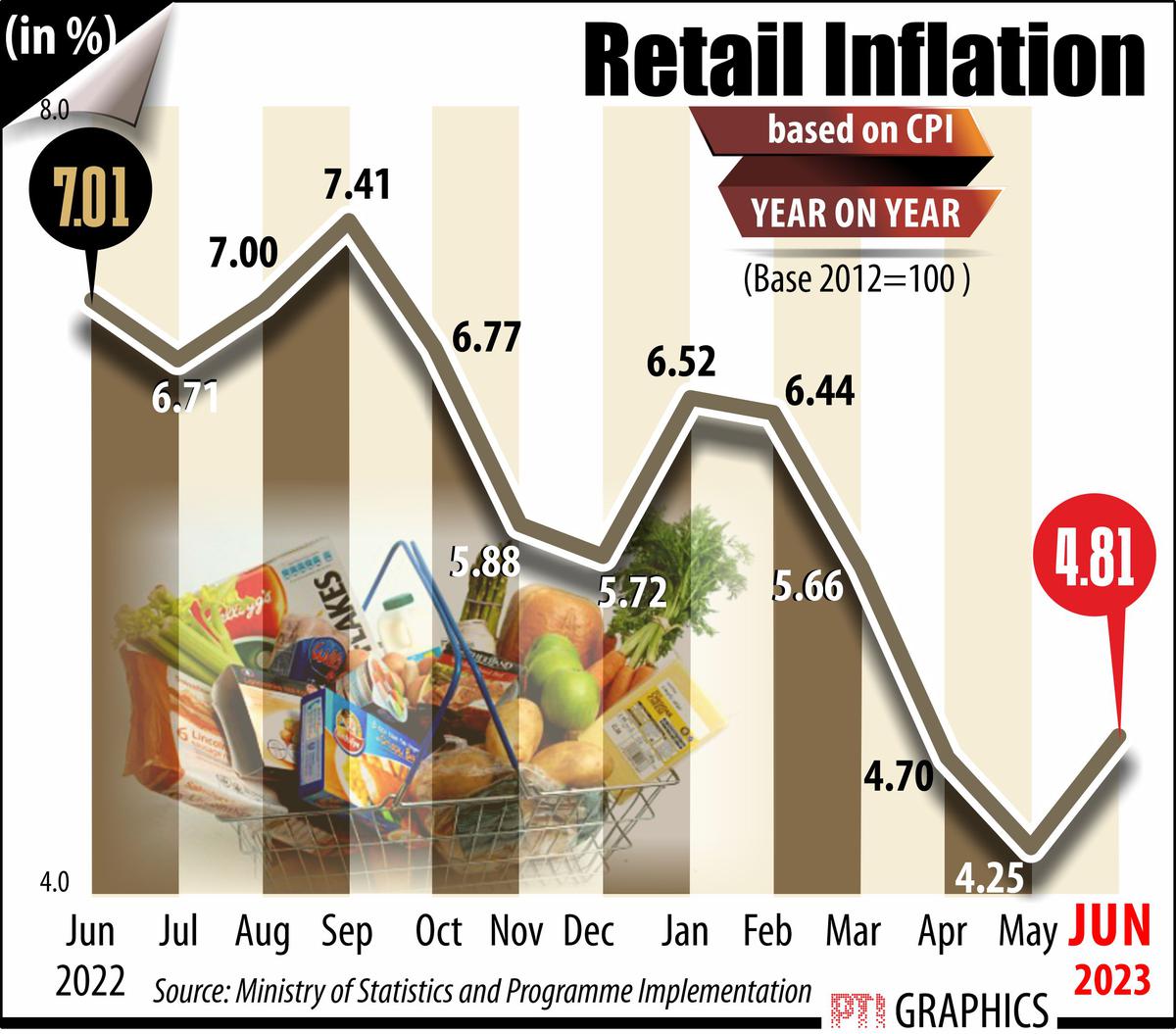What is the issue?
Prices of fuels were increased again taking petrol and diesel prices to record high levels with diesel nearing Rs 100/litre mark in most cities.
What are the reasons for fuel price rise?
- A sharp increase in global demand as the world economy recovers from the pandemic.
- The price of Brent Crude breached the $85 per barrel mark earlier this week reaching its highest level since 2018 .
- The output of the top oil-producing countries is inadequate to meet the demands.
- OPEC+ cartel has been slow to boost the production of oil.
- Low crude oil supply from the US keeps the crude oil prices elevated.
- Elevated tax levels in India - The central government had last year increased levies on petrol by Rs 13 per litre and on diesel by Rs 16 per litre.
What will be the implications of rise in fuel prices?
- The consumer price index (CPI) may breach 6 per cent although fuel and power accunts for arund 5.5% of the weightage of CPI.

- If CPI inflation goes beyond 6 per cent, it may result in stagflation which is characterized by slow economic growth and relatively high unemployment.
- The breach in inflation target might force RBI to hike policy rates, which will severely impact the post-pandemic economic recovery.
- Diesel prices breaching the ₹100 mark will have a serious cascading effect on food inflation.
What are the possible solutions for controlling the petro prices?
- Tax cut - Central and State taxes on fuel must be slashed as higher prices may spur inflation and derail the incipient economic recovery
- On the other side, tax slash will increase the demand and consumption of fuel, leading to greater crude oil imports, which could widen the trade deficit.
- It will also affect the revenue of the government.
- GST- Bringing petrol and diesel under the maximum GST tax rate of 28 per cent would reduce the petrol and diesel prices to less than ₹50.
- But there will be a huge tax revenue shortfall for the governments and states such as Tamil Nadu, Punjab, West Bengal, Telangana, Rajasthan, and Kerala opposed this move.
- By bringing petrol and diesel under GST, the life cycle cost may be favourable to ICE vehicles than electric vehicles.
- Reducing the cess and VAT - The Centre should slash the cess up to ₹10 and should ask the States to slash the Value Added Tax up to ₹10 which would increase the sales of fuel thus compensating the revenue loss for States.
References
